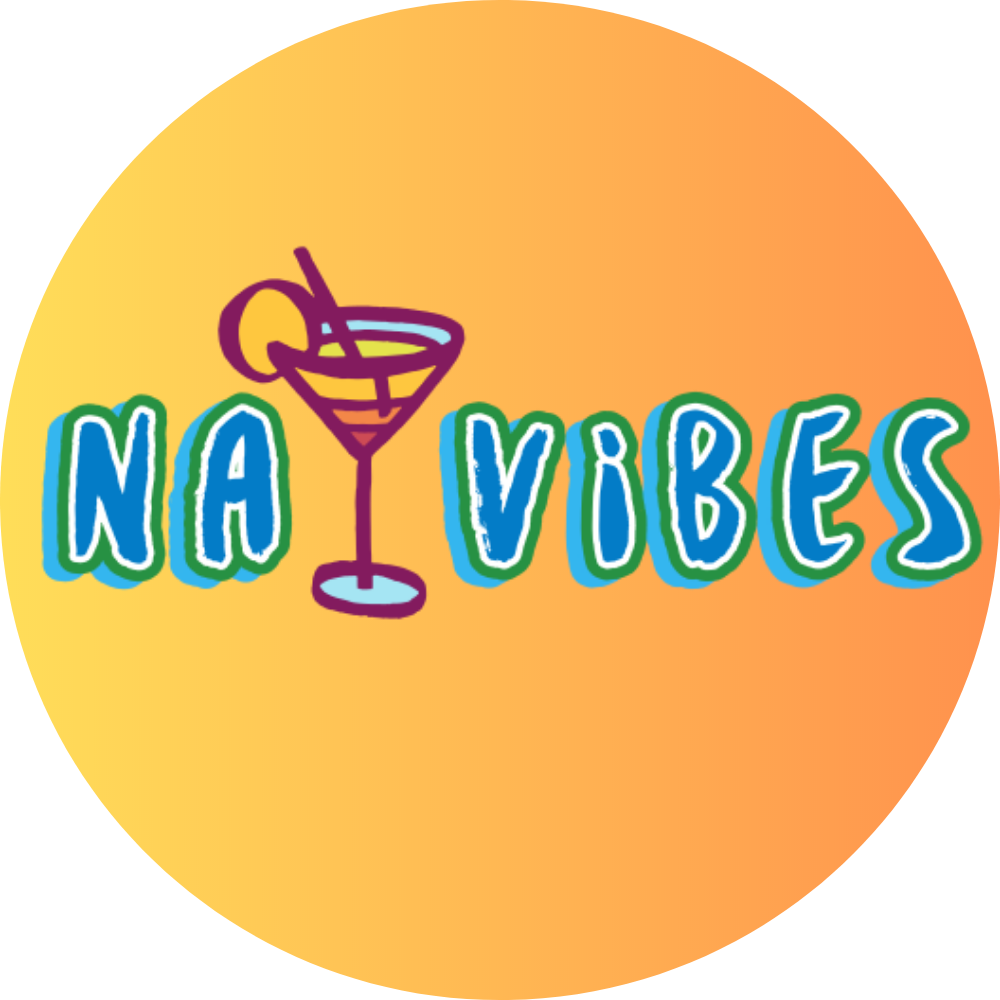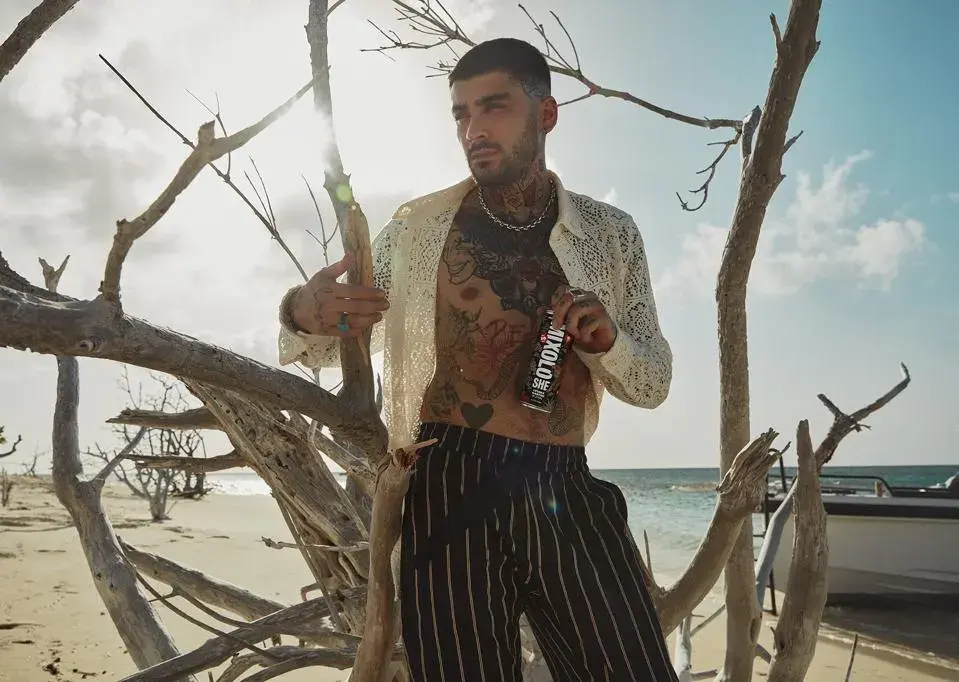Why non-alcoholic beer beats regular beer after exercise
- Trish Silverman

- Jan 27, 2023
- 3 min read
For performance, recovery and overall health, non-alcoholic beer is a better choice than regular beer or even a sports drink.
By Gretchen Reynolds | January 25, 2023

For many people who run, cycle or work out often, beer drinking and exercising are almost inextricably entwined. But for performance, recovery and health, non-alcoholic beer is likely to be a much better choice and can even be as good as or better than regular sports drinks.
Research shows that fit, active people can imbibe plentiful amounts of alcohol. A 2022 study, aptly titled “Fit and Tipsy?” determined that men and women with relatively high aerobic fitness were more than twice as likely to be moderate or heavy drinkers as those who were in worse shape.
There are many reasons for this swigging. Exercise enjoys a health halo, justifying, for some of us, insalubrious habits. The social nature of working out also often leads to bar visits after a bike ride or yoga class.
“Beer is used to socialize post-exercise, celebrate sport victory, and commiserate post-defeat,” according to the authors of a 2021 systematic review about exercise and alcohol titled “Got Beer?”
But beer has downsides for those of us who exercise.
Beer is not a sports drink
Full-alcohol beer is a mild diuretic, for one thing, which is counter-productive if you need to replace fluids after exercise. In a 2016 study, healthy men who drank beer after a workout produced more urine than if they drank water or a sports drink.
Research also hints that alcohol, including beer, could affect how well our muscles strengthen and grow after exercise and, unsurprisingly, impairs reaction time and balance. Inebriation is rarely performance enhancing.
So, some researchers began to wonder whether non-alcoholic beer might be a better, more acceptable, and even advisable beverage for active people.
The first clues came in a much-discussed 2012 study of 277 men who’d signed up for the Munich Marathon. Scientists asked half of them to begin downing about two to three pints of non-alcoholic beer every day for three weeks before the race and two weeks afterward. The others drank a similar-tasting placebo as a control group. (The study was funded by a German brewery, but the researchers declared in the study that the brewer had no input into the study’s design or analysis.)
Fewer colds and less inflammation
Researchers drew blood before and several times after the race and also asked the men to report any symptoms of a respiratory infection. Colds and other upper-respiratory-tract infections (URTI) are common after a marathon.
But the non-alcoholic beer drinkers seemed relatively protected. “Incidence of URTI was 3.25 fold lower” among that group than the controls, the study’s authors wrote. The beer drinkers also showed lower markers of inflammation and other indicators of generally improved immune response in their blood.
“We ascribed these benefits to the beer polyphenols,” said David Nieman, a professor of biology and human performance at Appalachian State University, who co-wrote the study.
Polyphenols are natural chemicals found in plants that frequently have anti-inflammatory and antioxidant properties, he said. Beer, including the alcoholic variety, tends to be rich in polyphenols, with the numbers and types depending on the particular brew.
But the alcohol in regular beer probably undermines any beneficial effects from the polyphenols, said María P. Portillo, a researcher affiliated with the Center for Biomedical Research Network at Carlos III Research Institute and the University of the Basque Country in Spain. She and her colleagues published a study in December reviewing the available, albeit skimpy, data about beer, polyphenols and cardiovascular health.
“What is true is that polyphenols, present in both conventional and non-alcoholic beer, show interesting antioxidant effects and the resultant anti-inflammatory process,” she said of their findings. But alcohol simultaneously can jump-start inflammation, she continued. So, “in the case of conventional beer the beneficial effects of polyphenols can be masked by the negative effects of alcohol.”
In beer without alcohol, on the other hand, the polyphenols should calm inflammation, without interference from the alcohol.
When you should drink non-alcoholic beer
Non-alcoholic beer also seems useful for hydration. In a 2016 study, if male athletes drank non-alcoholic beer 45 minutes before a draining workout, they wound up less dehydrated afterward than after drinking beer, and similar to drinking water, but with a better ratio of sodium to potassium. Drinking the non-alcoholic beer “could help maintain electrolyte homeostasis during exercise,” the researchers concluded.
Read the full article here: https://www.washingtonpost.com/wellness/2023/01/25/exercise-beer-nonalcoholic-healthy/








Comments